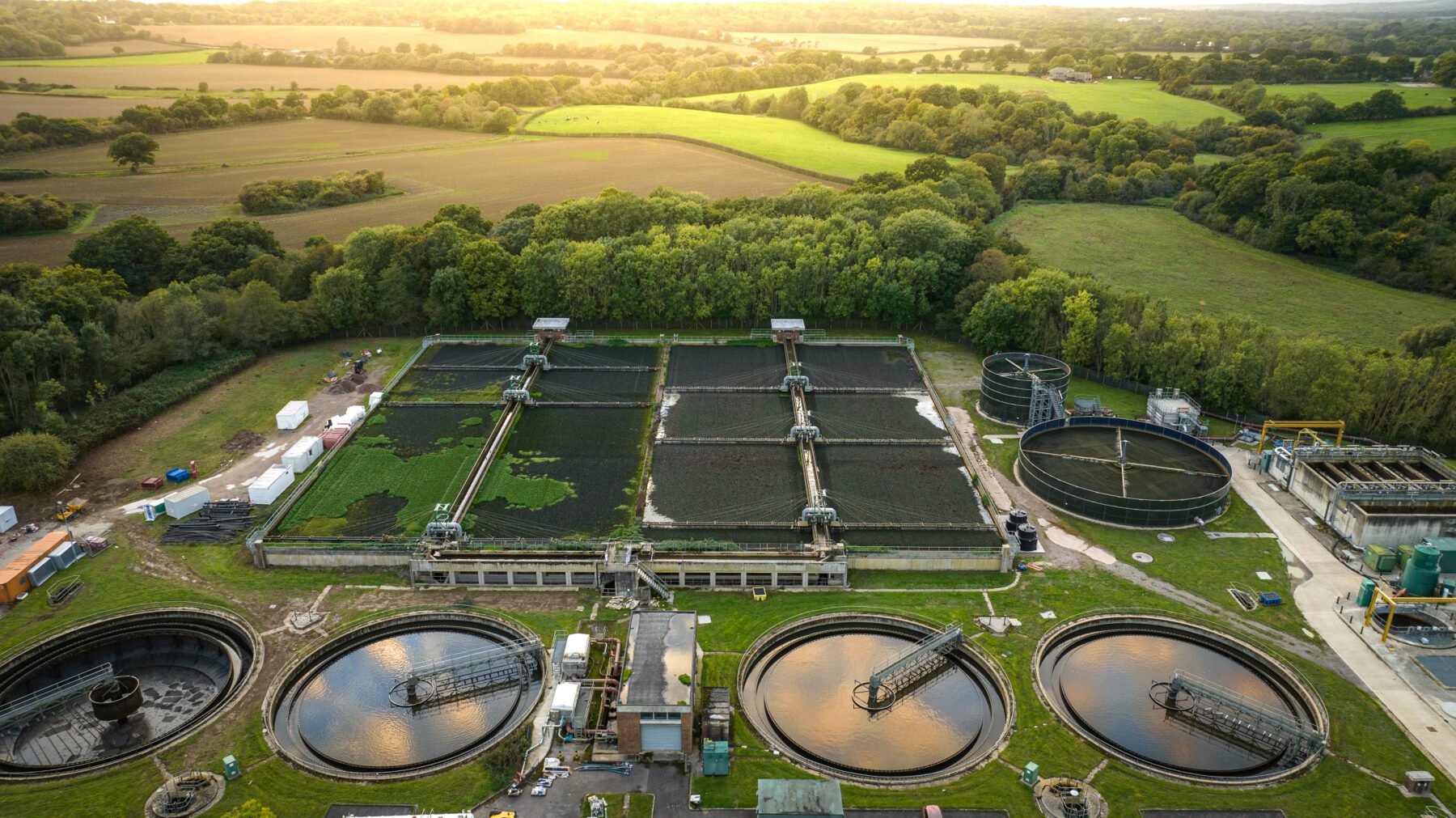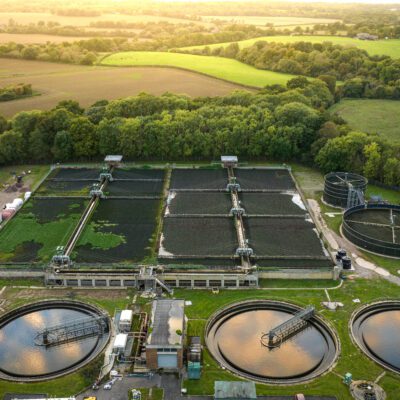Sustainability is not just about carbon footprints, recycling programs, disclosure, or appealing to investors through marketing brochures. Sustainability is a holistic perspective that encompasses every facet of a corporation’s operations. True corporate sustainability requires an approach that can drive change deep into the core of your organization’s identity.
What are the components of a robust strategy? How can sustainability be a platform for your organization to create significant value and secure long-term success? Just as your c-suite is engaged for any other strategic pivots (think new products, staffing changes, re-branding), significant attention must also be given to sustainability issues, including water resiliency.
What is a Sustainability Strategy?
It’s worth backing up a few steps to define what a sustainability strategy is. At its core, a sustainability strategy is an approach to drive organizational change that considers many factors and foundational understandings, including but not limited to:
- Industry and Competitive Landscape: You have to understand industry dynamics and competitors’ initiatives. For some organizations, the goal is “industry standard” performance; for others, “industry standard” is only a starting point.
- Key Drivers: Solidify the primary reasons for addressing sustainability at your organization to ensure strategies fulfill requests from investors, customers, regulators, and the public.
Current and Future Markets: Anticipate the needs and preferences of suppliers and customers. - Execution Roadmap: Create a clear roadmap outlining how your sustainability goals will be achieved. This roadmap should be practical, ambitious, measurable, and adaptable.
- Long-term Relationships: Maintain key relationships (with stakeholders, communities, and employees) to foster a sense of trust and shared commitment towards sustainability.
- Risk Management and Materiality: Prioritize and manage sustainability risks proactively across the upstream and downstream value chain before they impact business continuity.
- Pricing and Productivity Initiatives: Implement efficiency improvements for sustainability (and cost savings), but also consider larger initiatives such as pricing strategies that incentivize sustainable choices for the business and its customers.
Whether your near-term focus is on carbon emissions, water resiliency, waste reduction, or something else, a holistic approach to sustainability incorporates all of these with broader business planning.
Sustainability Creates Value
Embracing sustainability can be transformative for corporations, acting as a platform for value creation:
- Entering New Markets: Sustainable practices can open doors to new markets where eco-conscious consumers are eager to support responsible businesses.
- Creating New Markets: Green products and sustainable supply chains can create entirely new markets and set industry standards.
- Innovating Products: Sustainability drives innovation. Companies can create environmentally friendly products that meet consumer demands and contribute positively to the planet.
- Increasing Value-Add: Integrating sustainability into products and services not only enhances appeal but also boosts competitive advantage and long-term customer satisfaction.
- Building Brand Value: A commitment to sustainability enhances a company’s brand. It resonates with consumers, fosters loyalty, and distinguishes the business in a crowded marketplace.
- Solidifying Social License: Engaging with communities and demonstrating commitment to sustainable practices secures organizations’ social license to operate.
- Demonstrating Value to Investors: Investors favor companies who demonstrate clear and impactful sustainability initiatives. Progress on sustainability reduces risk, enhances profitability, and improves growth trajectory, boosting shareholder confidence.
- Cost Savings from Efficiency: Sustainable practices often lead to streamlined operations and reduced waste, translating into cost savings in the long run.
- Supply Chain Resiliency: By embracing sustainable practices throughout the supply chain, businesses build resilience, mitigating risks associated with climate change and regulations.
Sustainability is not merely a checkbox on a corporate to-do list; it’s a fundamental shift in mindset and operations. By adopting a sustainability strategy that drives this organizational change, corporations can not only safeguard the future of our planet but also secure their ongoing success in a world where responsible business practices are not just valued but expected. Embracing sustainability is a strategic imperative that paves the way for the future.
Operationalizing Sustainability: Water Resiliency
Coho helps clients with variations of this process, tailored to their situation. If we take an organization focusing on water resiliency as an example, these are the key steps Coho follows in collaboration with facility, sustainability, and executive stakeholders:
- Identify Key Risks: conduct basin evaluations and materiality assessments to compare carbon, waste, water, etc., and translate the results into business risk in market share, operations, the license to operate. Coho uses this step to identify best-in-class solutions to remedy these risks.
- Create a Roadmap: address identified risks over the short and long term. This step uses risk assessments to inform goals, timing, budget requirements. A key aspect is getting buy-in from the boots to the boardroom, ensuring everyone’s focused on addressing the risks.
- Thoughtfully Implement: Using the true cost of water to gain facilities and board approval for projects defined in the roadmap, Coho supports our clients with these approvals, selecting solid partners, and accessing innovative funding structures.
- Measure and Adjust: Once a plan is in place, it’s important to measure progress over time, and adjust when needed. Keeping a close connection to company leadership allows for more efficient pivots and keeps the progress of water resiliency (or any sustainability initiative) tied to broader business decisions.
Doing sustainability correctly results in fundamental business changes. Your next board meeting and investor report should include this as a meaningful concept. The same way you invest in other significant strategic pivots (e.g., new product lines, staff reorganizations, the shift to remote work, acquisitions), you should put similar time, effort, and funding behind a sustainability strategy covering all aspects of climate resiliency.
Coho can help you start with specific data collection, baselining, or reporting scopes, and use our combination of technical expertise and management consulting experience to ensure you see meaningful positive business results.



